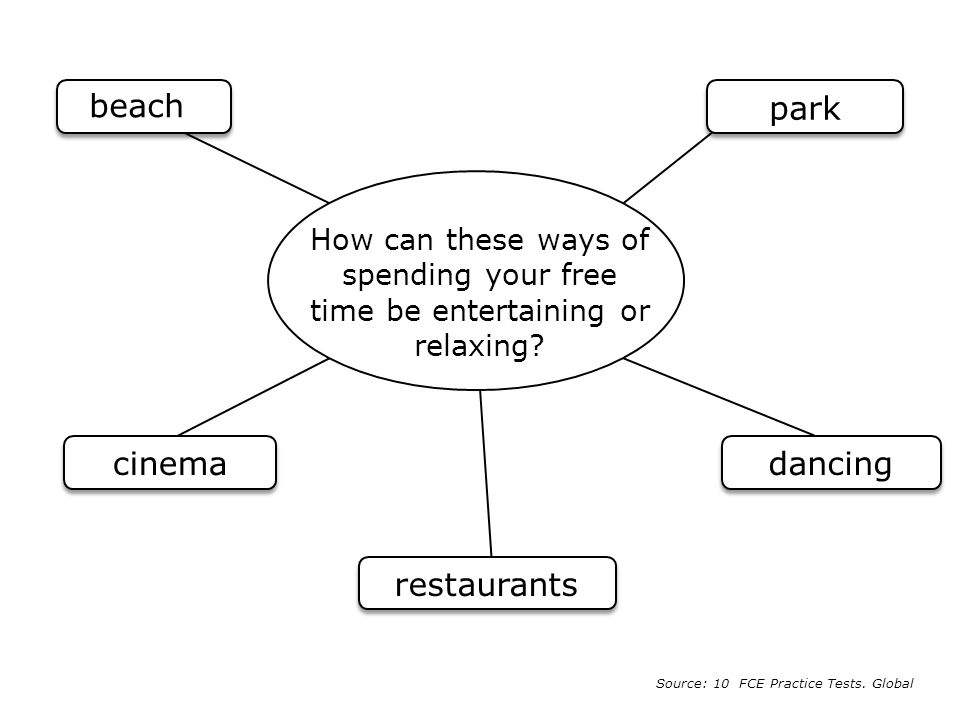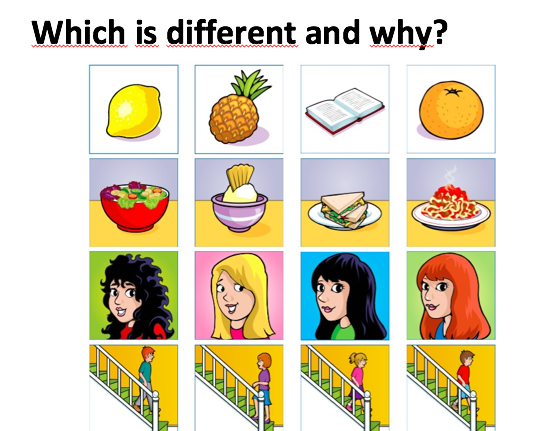Let's Play a Game:
How to play:
- Each player puts his counter on "start here".
- Take it in turns to roll the dice.
- Move your counter forward the number of spaces shown on the dice.
- Ask a player one of the questions about Entertainment below or create your own question.
- If your counter lands at the bottom of a ladder, you can move up to the top of the ladder.
- If your counter lands on the head of a snake, you must slide down to the bottom of the snake.
- The first player to get to the space that says 'home' is the winner.
Materials:
Print: Snakes and Ladders board
Click: Online Dice
Questions about Entertainment:
- Do you ever go to concerts?
- How important is TV to you?
- How much TV do you watch in a week?
- Do you like the same TV programmes as your parents?
- Tell us about a TV programme you've seen recently.
- Do you enjoy going to parties?
- How often do you read newspapers?
- Do you like shopping? why/why not?
- Where do you like listening to music?
- Do you like going to the cinema?
- Tell me about your favourite film star.
- Tell us about a film you really like.
- Do you enjoy playing computer games?
- Do you use the internet much?
- What do you use the internet for?
- Do you ever listen to the radio?
Discussion Time:
Here are some types of TV programmes and a question for you to discuss.
Why would people choose to watch these TV programmes?
Which type of TV show would be the most popular?
Which one would attract more advertisers to spend money on advertising their products?
Describe the short video to a person with no eyes
What do you need to do?
- Describe the background: weather, time of day,
- Say where the people or animals are.
- Talk about their emotions.
- Say what they are doing.











